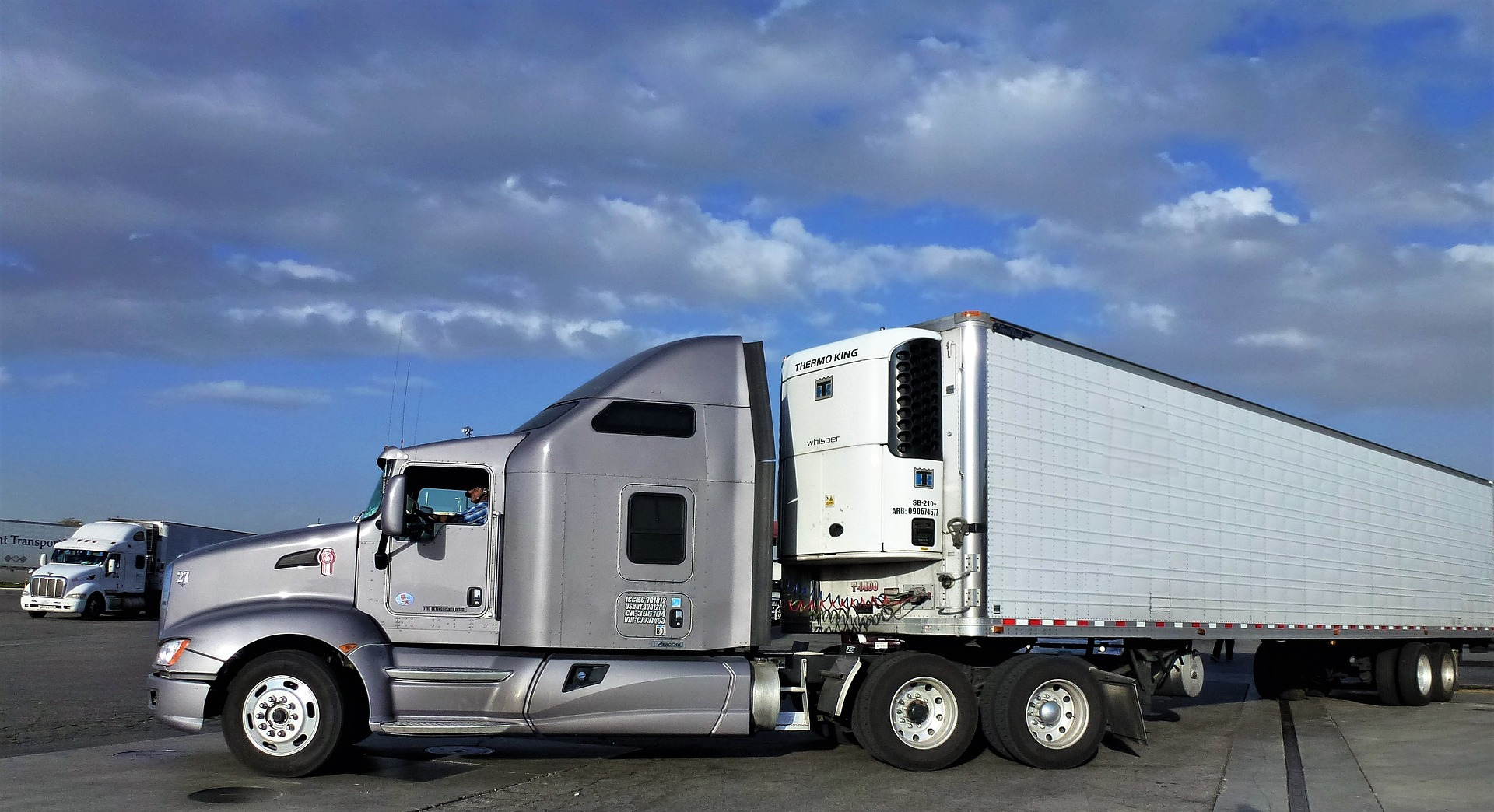Warren Trucking companies including all other US carriers handle more than 70% of all the cargo moved across the United States each year, making them vital to the US economy. However, contrary to popular belief, a logistic trucking company doesn’t simply move goods from one point to another. Instead, it also manages a range of supply chain functions for each client according to their logistical requirements.
Several types of Warren trucking companies operate across the country, with each playing a different role in the logistics and freight management industry.
Different Types of a Warren Trucking Companies
Let’s look at the common types of Warren trucking companies and how they differ from each other.
Private Carriers
Some companies transport their goods from factories to distributors, retailers, consumers, and other modes of transportation, such as ships and airplanes. They are called private carriers. Several big corporations have their own fleet of trucks to move their merchandise.
According to the US Department of Transportation, the number of private carriers in the country totaled 799,342 in April 2020.
For-Hire Carriers
For-hire carrier is a logistic trucking company that charges a fee to move the cargo belonging to other entities. According to the US Department of Transportation, in April 2020, there were a total of 928,647 for-hire carriers operating across the country.
There are two main types of for-hire trucking carriers: common carriers and contract carriers.
Common carriers transport goods from one place to another. They fulfill the freight shipping needs of both commercial and residential shippers. Meanwhile, some Warren trucking companies sign contracts with selected shippers and only move their products. They are called contract carriers. While most common carriers can’t set their service fee, contract carriers can set their rates through contracts.
Local Carriers
As the name suggests, local trucking carriers can only transport cargo to limited areas. Almost 60% of all trucking companies in the US fall under this category. According to the Surface Transportation Board, a federal agency responsible for the economic regulation of different modes of transportation, local carriers can only serve within 80 to 100 miles of the shipment location.
Regional Carriers
Regional trucking carriers have larger fleets and longer routes, but they can only move freight within a specific region. In most cases, regional truckers follow a predefined route to deliver the shipment to the same clients.
National Carriers
More commonly known as over-the-road or long-haul trucking, national carriers deliver goods across the country. These trucks travel across the states and work with large corporations. All of the largest trucking companies in the US are classified as national carriers.
The Bottom Line
Every logistic trucking company is different from the other based on its routes, licensing, and a host of other factors. However, as a whole, the trucking industry contributes significantly to the growth of the economy. According to the American Trucking Associations, trucks moved approximately 11.84 billion tons of freight in 2019, a 3% increase from the previous year.
Are you interested in becoming a truck driver? If so, the CDL Truck Driving School in Michigan can help you.
For more information, please feel free to contact us.
Go to homepage.




Leave a comment
You must be logged in to post a comment.